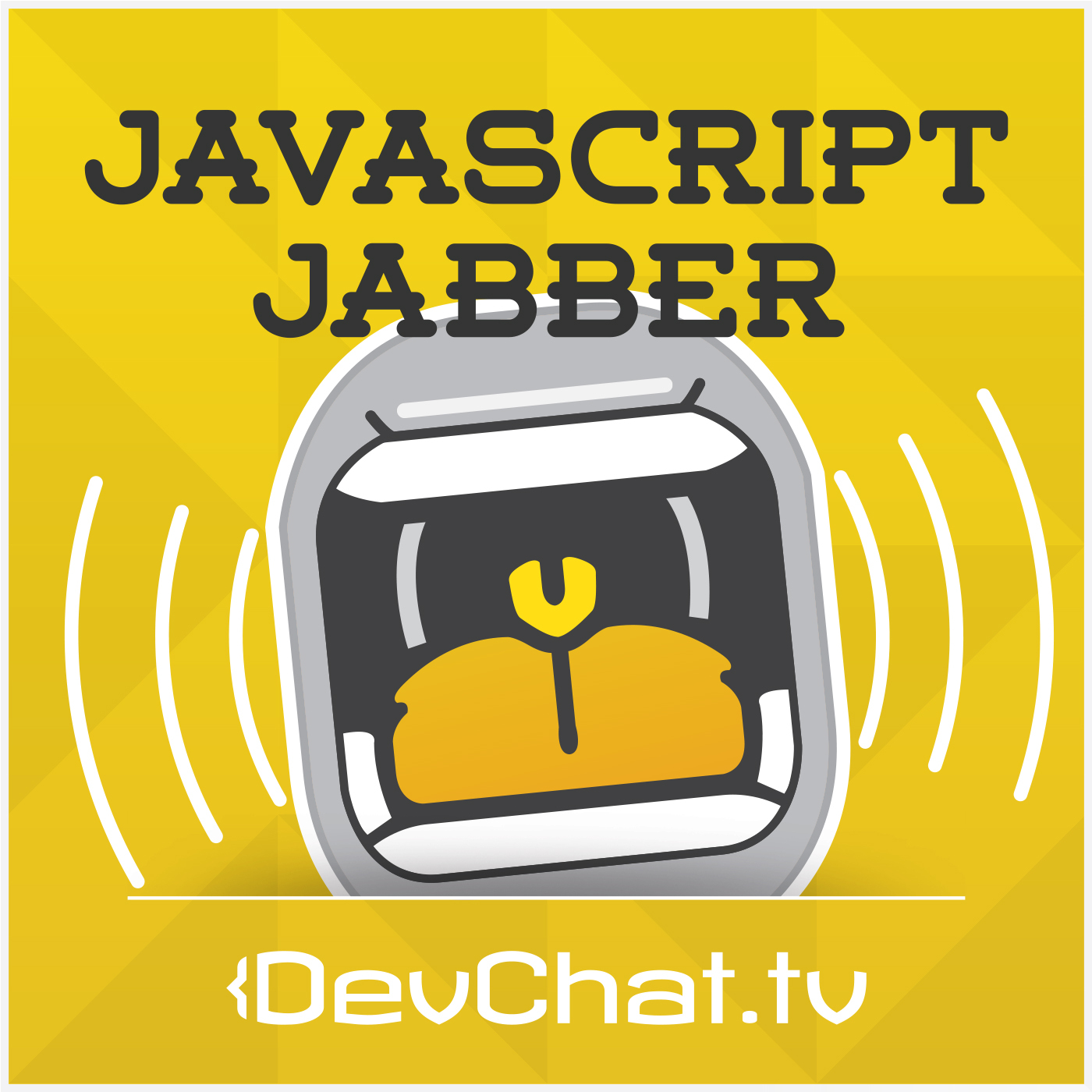JSJ 270 The Complete Software Developers Career Guide with John Sonmez



Date: Tue, 18 Jul 2017 10:00:00 +0000
<div class="trix-content"> <div>JSJ 270 The Complete Software Developers Career Guide with John Sonmez</div><div>This episode features a panel of Joe Eames, AJ O’Neal, as well as host Charles Maxwell. Special guest John Sonmez runs the website <a href="http://simpleprogrammer.com/">SimpleProgrammer.com</a> that is focused on personal development for software developers. He works on career development and improving the non-technical life aspects of software developers. Today’s episode focuses on John’s new book The Complete Software Developers Career Guide.</div><div>Did the book start out being 700 pages?</div><div>No. My goal was 200,000 words. During the editing process a lot of questions came up, so pages were added. There were side sections called “Hey John” to answer questions that added 150 pages.</div><div>Is this book aimed at beginners?</div><div>It should be valuable for three types of software developers: beginner, intermediate, and senior developers looking to advance their career. The book is broken up into five sections, which build upon each other. These sections are: - How to get started as a software developer - How to get a job and negotiate salary - The technical skills needed to know to be a software developer - How to work as a software developer - How to advance in career</div><div>Is it more a reference book, not intended to read front to back?</div><div>The book could be read either way. It is written in small chapters. Most people will read it start to finish, but it is written so that you can pick what you’re interested in and each chapter still makes sense by itself.</div><div>Where did you come up with the idea for the book?</div><div>It was a combination of things. At the time I wanted new blog posts, a new product, and a new book. So I thought, “What if I wrote a book that could release chapters as blog posts and could be a product later on?” I also wanted to capture everything I learned about software development and put it on paper so that didn’t lose it.</div><div>What did people feel like they were missing (from Soft Skills) that you made sure went into this book?</div><div>All the questions that people would ask were about career advice. People would ask things regarding: - How do I learn programming? - What programming language should I learn? - Problems with co-workers and boss - Dress code</div><div>What do you think is the most practical advice from the book for someone just getting started?</div><div>John thinks that the most important thing to tell people is to come up with a plan on how you’re going to become educated in software development. And then to decide what you’re going to pursue. People need to define what they want to be. After that is done, go backwards and come up with a plan in order to get there. If you set a plan, you’ll learn faster and become a valuable asset to a team. Charles agrees that this is how to stay current in the job force.</div><div>What skills do you actually need to have as a developer?</div><div>Section 3 of the book answers this question. There was some frustration when beginning as a software developer, so put this list together in the book. - Programming language that you know - Source control understanding - Basic testing - Continuous integration and build systems - What kinds of development (web, mobile, back end) - Databases - Sequel</div><div>Were any of those surprises to you?</div><div>Maybe DevOps because today’s software developers need to, but I didn’t need to starting out. We weren’t involved in production. Today’s software developers need to understand it because they will be involved in those steps.</div><div>What do you think is the importance of learning build tools and frameworks, etc. verses learning the basics?</div><div>Build tools and frameworks need to be understood in order to understand how your piece fits into the bigger picture. It is important to understand as much as you... Support this podcast at — https://redcircle.com/javascript-jabber/donations Advertising Inquiries: https://redcircle.com/brands Privacy & Opt-Out: https://redcircle.com/privacy